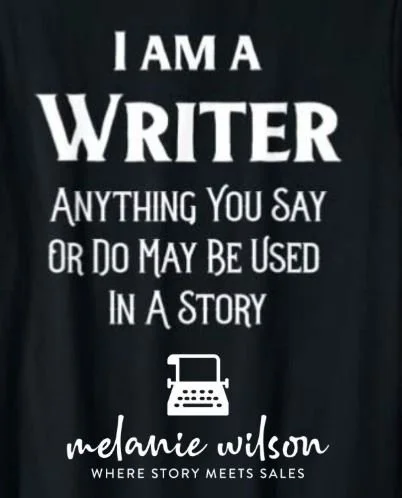Can Sharing the Story of The Three Little Pigs Help Your Business?
What Does It Actually Mean to “Tell a Story” in Your Business?
We hear it all the time: “Use storytelling to stand out!” But what does that really mean? Are we supposed to start quoting The Three Little Pigs? Or retell Wicked like it's a TED Talk?
Honestly… maybe. Here’s why:
A construction material supplier could use The Three Little Pigs to explain why cheap materials don’t cut it.
A pulmonologist could use the whole “huff and puff” angle to talk about lung health.
A learning specialist might highlight the value of planning ahead and teamwork—just like the pig with the bricks.
Same goes for Wicked. There’s story potential in everything:
A clothing designer could talk about how color and texture choices can completely change a look—just like Elphaba’s transformation.
A voice coach might use it to explain how proper training helps you hit the tough notes.
A travel agent could use it to paint a picture of destinations that feel a little magical.
The point is: stories help people understand what you do in a way that sticks. They make your message relatable.
One of my favorite exercises is giving a group a random object—a shoe, a piece of candy, a parking ticket—and asking them to build a quick story around it. Some are serious, some are funny, but all of them get people thinking differently.
You don’t need a sweeping saga. Just something real, human, and relevant.
If you want help coming up with story angles for your business, I’d love to brainstorm with you. It’s a great way to come up with blog ideas, social posts, or just get a fresh perspective.

